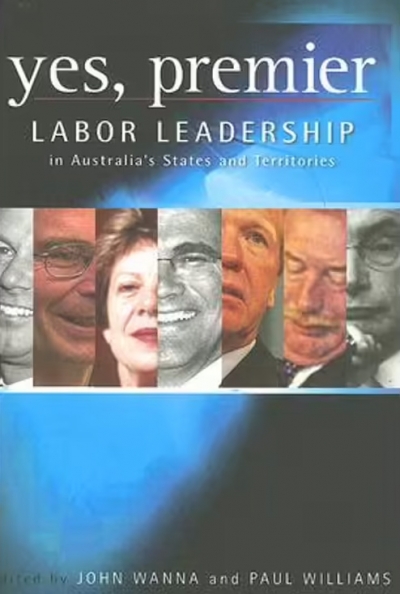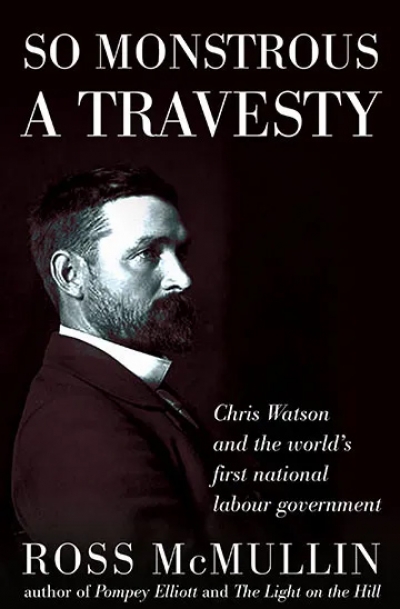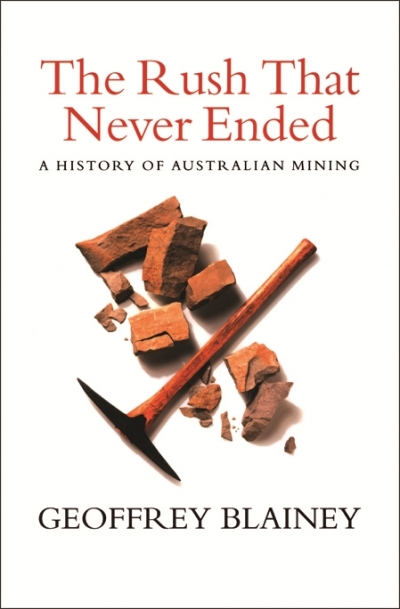Frank Bongiorno
Sign up to Book of the Week and receive a new review to your inbox every Monday. Always free to read.
Recent:
Yes, Premier: Labor leadership in Australia's states and territories edited by John Wanna and Paul Williams
by Frank Bongiorno •
So Monstrous a Travesty: Chris Watson and the world's first national labour government by Ross McMullin
by Frank Bongiorno •
The puzzle of PhDs
Dear Editor,
It’s pretty clear that historians can’t win, especially if they have the audacity to use a doctoral thesis as the basis for a book. As I read Aviva Tuffield’s puzzling review (ABR, December 2003/January 2004) of Clare Wright’s Beyond the Ladies Lounge, and Wright’s understandably puzzled response (ABR, February 2004), I was reminded of a debate that occurred over several issues of ABR in 2002, which spawned plenty of silly generalisations about the quality of writing in PhD theses, but not much else.
... (read more)The Rush that Never Ended by Geoffrey Blainey & The Fuss that Never Ended edited by Deborah Gare et al.
by Frank Bongiorno •




